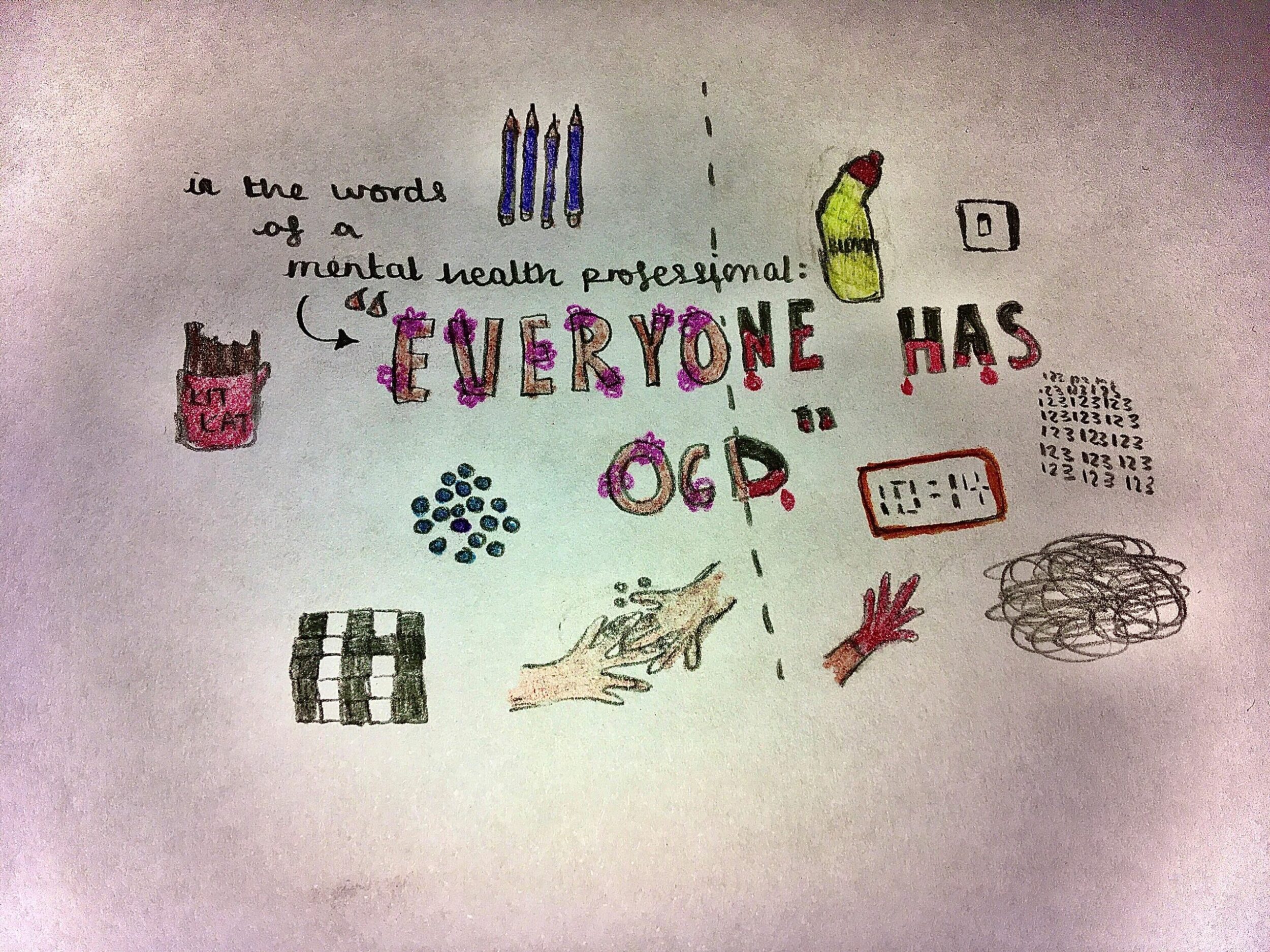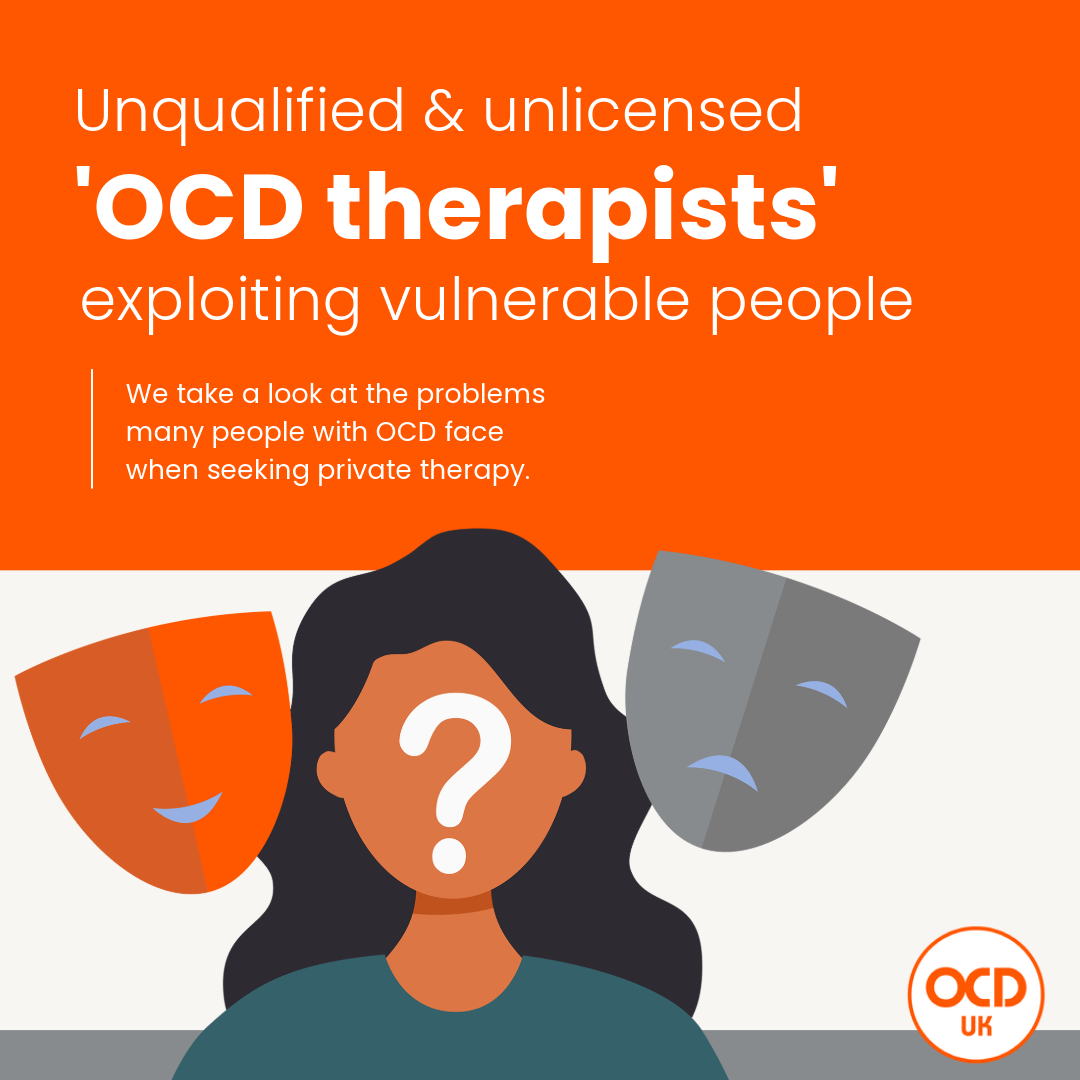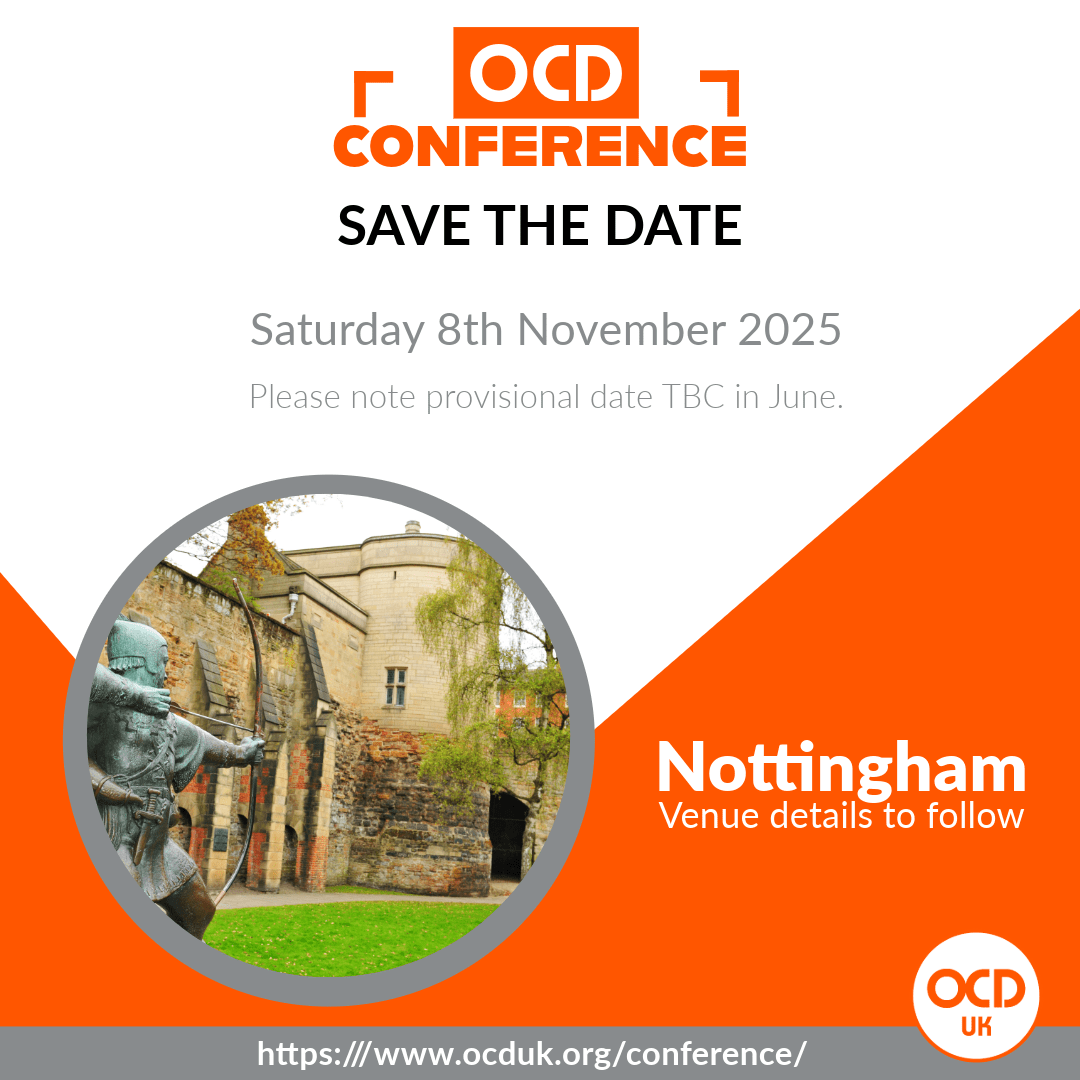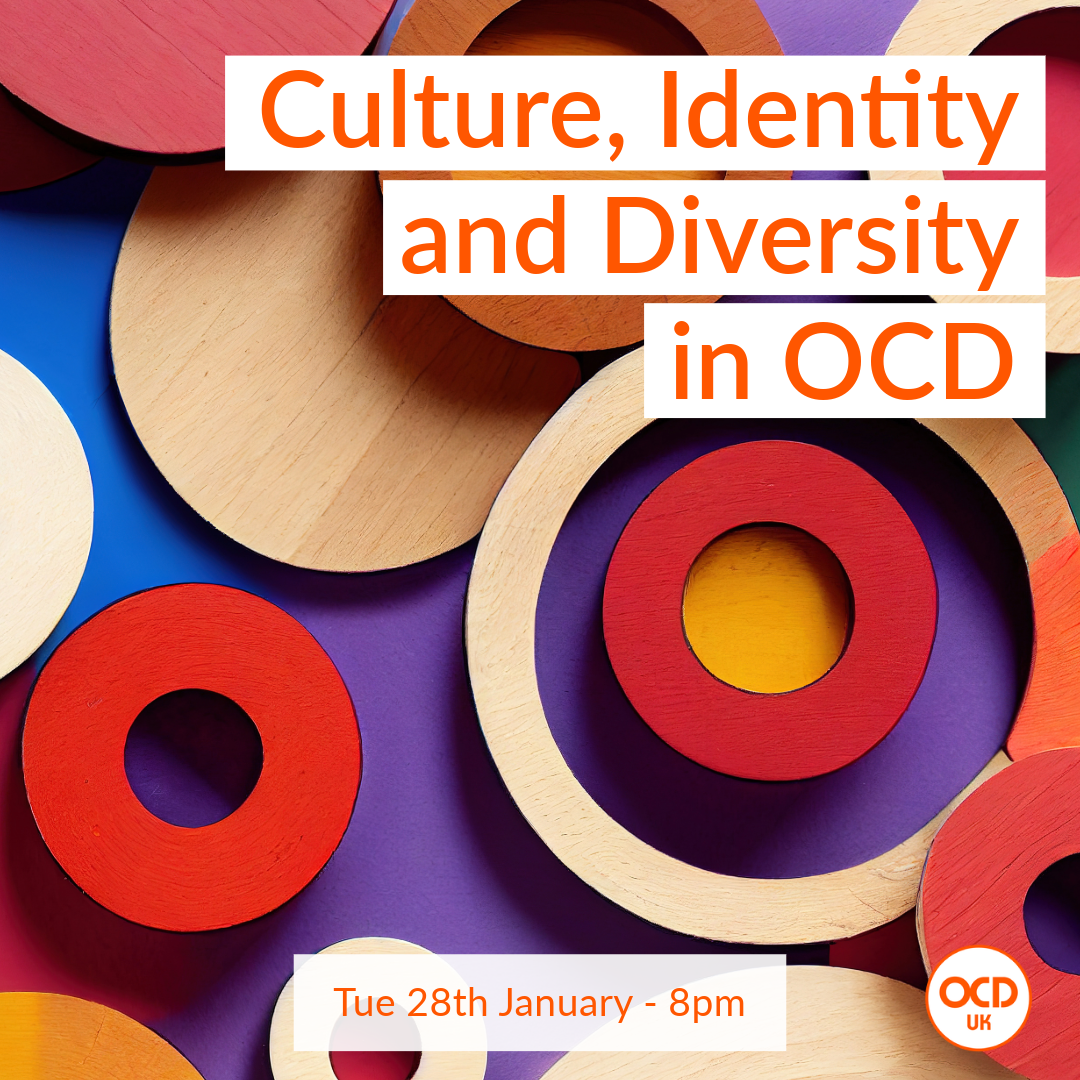'Dear Stereotypes' - By India

As unlikely as it may sound, a lot of the stigma and stereotypes surrounding OCD originate from the people who are supposed to be treating the illness. I’ve been told “everyone has OCD”, “if you can still sit on a chair, it’s clearly not a problem”, “OCD is a really positive trait”, “you’re going to get really far in life because your OCD is so helpful” by genuine mental health professionals.
Firstly, not everyone has OCD, not even close. An oncologist wouldn’t say everyone has cancer, a cardiologist wouldn’t say everyone has angina so why is a psychologist saying everyone has OCD?
Secondly, since when has OCD been a personality trait, let alone a positive one? Talking about OCD in this way trivialises it. Yes, OCD might aid my work ethic, but when you can only attempt questions containing the number 3 and your hands that are so dry and cracked that they keep bleeding on your work, it’s hardly a helpful tool.
Thirdly, hello? I’m India, not just the patient with OCD. I have a name, an identity. OCD already controls huge portions of my life and interferes with everyday things, destroys my relationships with people and makes life hellish. Please, stop stereotyping me into a box labelled ‘OCD’ - it’s really not helpful.
I want to work as a doctor and having struggled with mental and physical illnesses, I hope I can show empathy and compassion. If you’re a medical professional or an aspiring healthcare worker and you happen to come across OCDUK, please read our stories. We’re telling you how you should respond - as genuine people we can provide a far greater insight into living with a condition than your textbook ever can.
Please complete our short, anonymous feedback form about India's post























